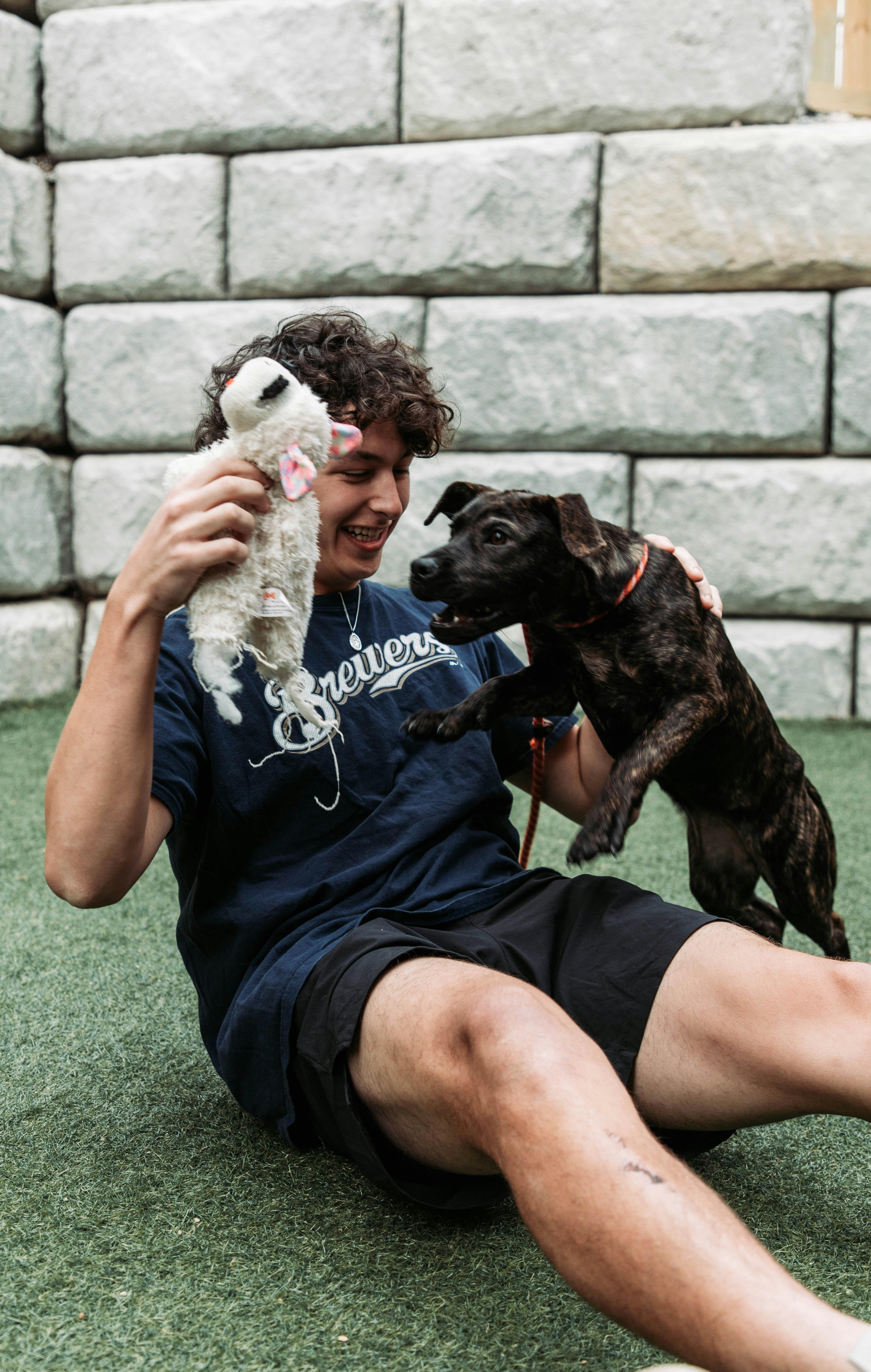Should Pet Owners Be Held Responsible for Aggressive Behavior

In today’s pet-loving society, the bond between humans and their animal companions is stronger than ever. Our furry friends bring joy, companionship, and even health benefits into our lives. However, with pet ownership comes responsibility, and one of the more challenging aspects of this responsibility is managing a pet’s behavior. Among the various behavioral concerns, aggression in pets, particularly dogs, has sparked a significant debate: should pet owners be held accountable for their pet’s aggressive actions? This question touches on aspects of legal liability, ethical responsibility, and the practical challenges of pet ownership. In this article, we will explore the various dimensions of this issue, examining the causes of pet aggression, the role of owners in preventing and managing such behavior, and the implications of holding owners responsible. By delving into expert opinions, case studies, and existing regulations, we aim to provide a comprehensive understanding of this complex topic, helping pet owners and the broader community navigate the delicate balance between animal companionship and public safety.
Understanding the Root Causes of Aggressive Behavior in Pets
When it comes to understanding why pets exhibit aggressive behavior, several underlying factors need to be considered. Often, aggression in pets is not a singular issue but rather a manifestation of various influences. Here are some common root causes:
- Fear and Anxiety: Pets, much like humans, can react aggressively when they feel threatened or anxious. This could be due to unfamiliar environments, loud noises, or past traumatic experiences.
- Lack of Socialization: Pets that haven’t been properly socialized may struggle to interact appropriately with other animals or people, leading to aggressive outbursts.
- Medical Conditions: Certain health issues can contribute to aggression. Pain, neurological problems, or hormonal imbalances may cause pets to act out.
- Territorial Instincts: Some pets naturally have strong territorial instincts and may become aggressive if they feel their space is being invaded.
- Genetic Factors: Certain breeds are predisposed to more aggressive behavior due to their genetic makeup, though this doesn’t mean every individual of the breed will be aggressive.
Understanding these factors is crucial for pet owners to address the root causes of aggression effectively. With this knowledge, they can take proactive steps, such as training, socialization, or consulting a veterinarian, to ensure a safe and harmonious environment for both their pets and the community.
Exploring the Legal Responsibilities of Pet Owners
When it comes to the question of whether pet owners should be held accountable for their pets’ aggressive behavior, it’s essential to explore the various aspects of ownership and responsibility. Pet ownership is not just about providing food and shelter; it also involves understanding the nature and needs of the animal, which includes managing their behavior. Legal responsibilities can vary significantly depending on the jurisdiction, but there are common elements that are often considered:
- Proper Training and Socialization: Owners are generally expected to ensure their pets are well-trained and socialized to minimize aggressive tendencies. This includes obedience training and exposure to different environments and people.
- Safe Confinement: It’s typically the owner’s duty to ensure their pet is securely confined to prevent incidents. This could mean maintaining a sturdy fence or using a leash in public spaces.
- Understanding Breed Characteristics: Some breeds may have predispositions to certain behaviors. Owners should be informed and prepared to handle these traits responsibly.
In many places, failure to uphold these responsibilities can lead to legal consequences for the owner if their pet causes harm. Ultimately, holding pet owners accountable encourages responsible pet ownership and promotes safety for both the animals and the community.
Effective Training Techniques to Mitigate Aggression
- Positive Reinforcement: Reward-based training can significantly reduce aggressive tendencies by encouraging desirable behavior. Use treats, toys, or praise to reinforce calm and friendly interactions. This approach not only helps in curbing aggression but also strengthens the bond between the pet and the owner.
- Socialization: Exposing pets to different environments, people, and other animals from a young age can help them develop a more balanced temperament. Regular playdates, walks in diverse settings, and participation in training classes are effective ways to achieve this.
- Consistent Routine: Pets thrive on routine. Establishing a predictable daily schedule for feeding, walks, and playtime can reduce anxiety-related aggression. Consistency helps pets understand expectations, providing them with a sense of security.
- Professional Training: Enlisting the help of a certified trainer or behaviorist can be invaluable, especially for pets displaying persistent aggressive behaviors. These professionals can offer personalized strategies and insights tailored to your pet’s specific needs.
By implementing these techniques, pet owners can take proactive steps to address and reduce aggressive behaviors, fostering a safer and more harmonious environment for both the pet and the community. Through dedication and understanding, owners can guide their pets towards more peaceful interactions.

Community-Based Solutions for Managing Aggressive Pets
Addressing aggressive behavior in pets often requires a collective approach that leverages the resources and wisdom of the community. Community-based solutions can play a pivotal role in managing and mitigating such challenges. Pet owners can benefit from the shared experiences and support available through local networks, such as:
- Training Workshops: Many communities offer workshops led by experienced trainers who specialize in behavioral issues. These sessions provide owners with practical skills and techniques to manage aggression effectively.
- Support Groups: Joining a local support group can provide a platform for pet owners to share their experiences, seek advice, and learn from others facing similar challenges.
- Community Centers: Some areas have community centers that offer resources such as reading materials, access to behavioral experts, and even classes for pets and their owners.
- Partnerships with Local Shelters: Collaborating with local shelters can open avenues for additional support and guidance, as these organizations often have expertise in handling various pet behaviors.
By engaging in these community-based initiatives, pet owners can foster a more harmonious environment, not only for their pets but also for the neighborhoods they live in. This collective effort ensures that pets receive the care and guidance they need, while owners have access to the resources necessary to address aggressive behavior responsibly.



